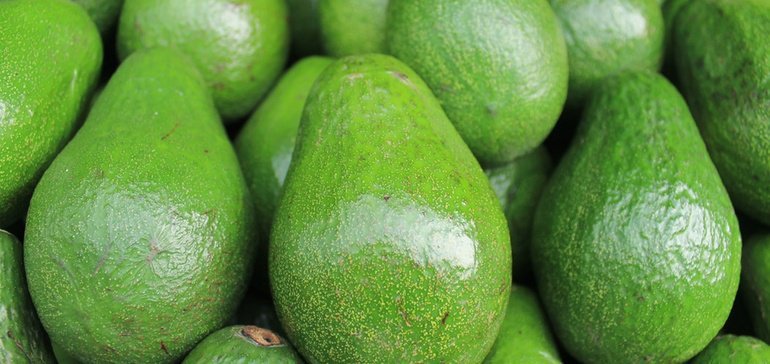As NAFTA negotiations continue, the outcome could have a big impact on the tiny avocado

The 1994 trade deal helped it become a household name in America, but there is concern if the U.S. withdraws from the measure, consumers would feel the impact through higher prices.
In the U.S., few produce items have attained the cult status of the avocado. A millennial favorite and a growing staple in smoothies, salads, brunch fare and even desserts, demand for the creamy fruit is at an all-time high.
But this week, as senior officials from the U.S., Mexico and Canada meet in Montreal to negotiate potential changes or a withdrawal by the U.S. from the North American Free Trade Agreement, the avocado’s future in America could be irrevocably altered depending on the outcome.
Though ubiquitous now, the oval-shaped fruit wasn’t always so popular. More than twenty years ago, the avocado was a little-known fruit that could be enjoyed mainly in Florida and California, where the crop is grown domestically. It wasn’t until Mexican Hass avocados were allowed to be imported under NAFTA in 1997 that avocado fever took off.
Ramon-Paz Vega, chairman of the Avocados from Mexico Board and a strategic advisor to the Avocado Producers and Exporting Packers Association of Mexico (APEAM), told Food Dive in November the trade deal transformed the American diet because it allowed the fruit to be imported at a lower cost, making it a more appealing option for consumers.
President Trump has threatened to terminate NAFTA, a move that Mexico strongly opposes, because he said it would be “the best deal” for U.S. interests. If that occurs and avocado trade returns to pre-NAFTA conditions — where a 6-cent tax per pound of avocados was imposed — Paz-Vega said U.S. wallets will be hit the hardest.







